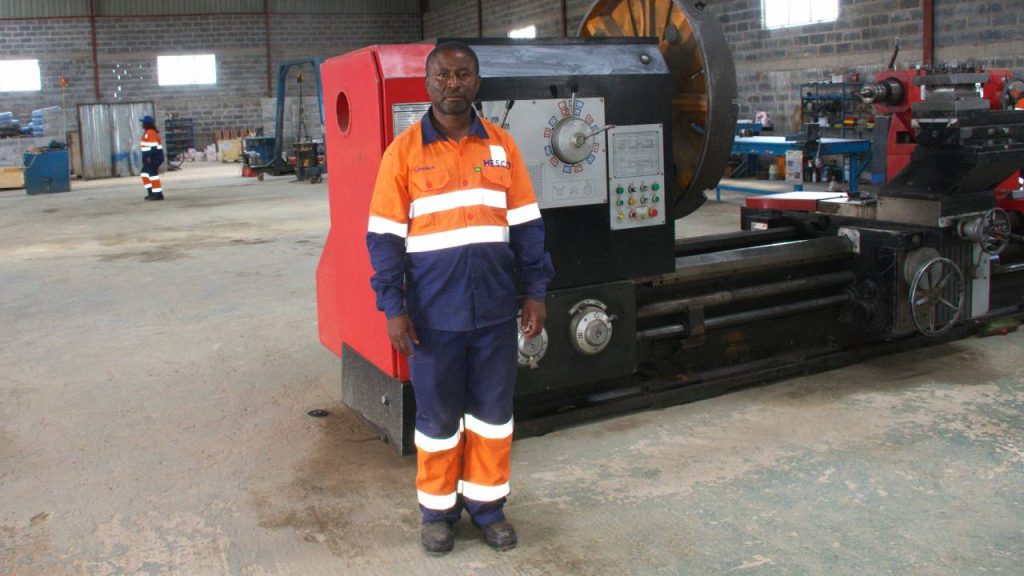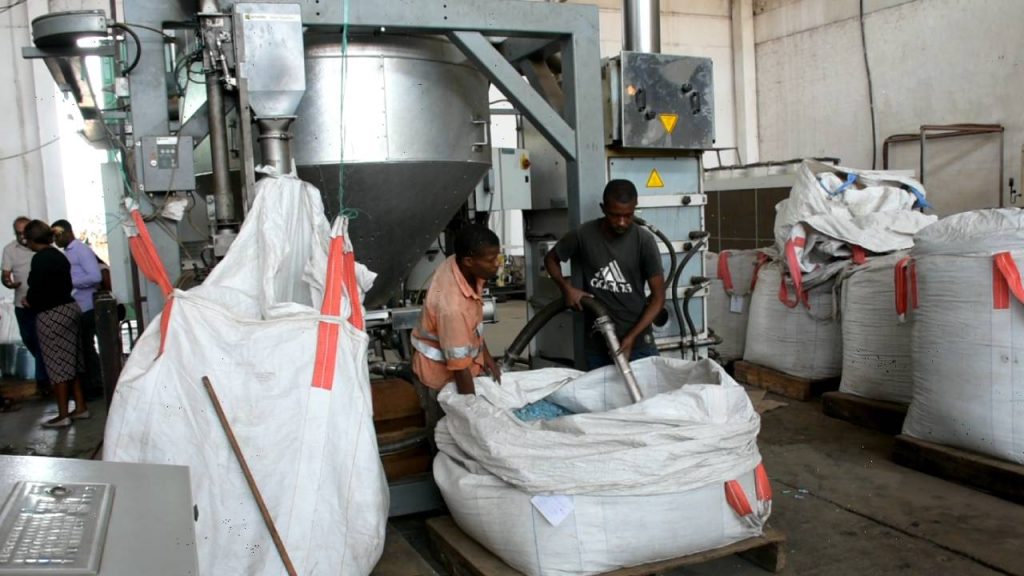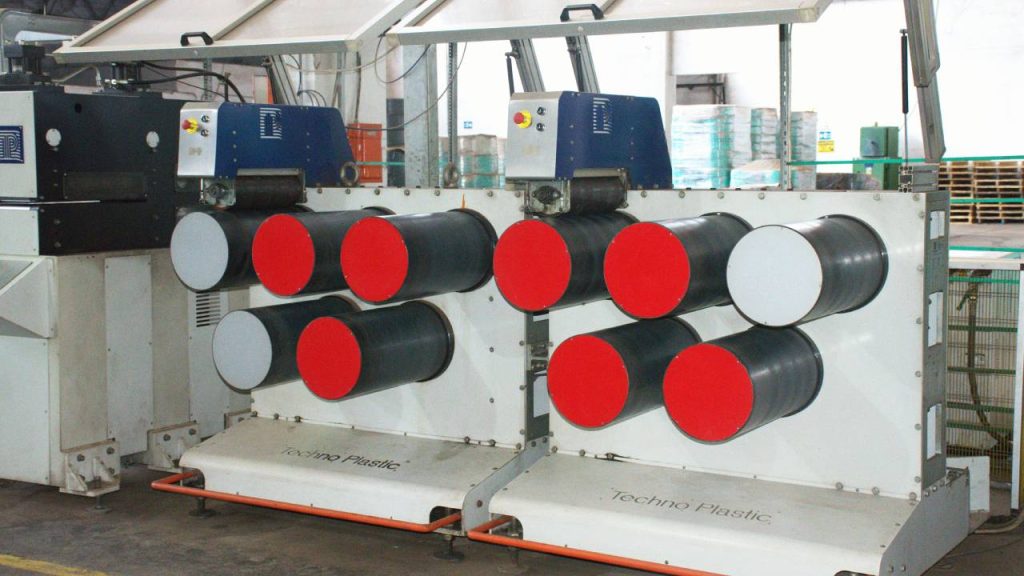By partnering with manufacturing SMEs and large corporates, Prospero increases the sustainable and inclusive economic impact of manufacturing in Zambia. We help our partners seize local content opportunities and utilise technologies for improved economic efficiency and a reduced environmental impact.
Zambia’s industrial growth over the past decade has been mostly absorbed by the non-manufacturing industrial sector with copper mining being the largest contributor. Manufacturing accounts for less than 10% of the national economy despite its huge potential to create jobs through backward and forward linkages.
Key constraints to sector growth are:



Zambia lacks a strong local intermediate inputs sector. This became apparent during the Covid-19 pandemic, when cross-border supply chains of manufacturing companies were disrupted, and business operations were badly affected. The key reasons for importing intermediate inputs are the local use of outdated technologies and low quality of local inputs. On the other hand, local raw materials are mostly exported without any value-addition. Strengthening local manufacturing value chains helps reduce the dependence on imported intermediate inputs, while adding value to locally available raw materials.
Together with our partners, who include large manufacturing companies in priority sectors; supplier SMEs; Ministry of Commerce, Trade & Industry; Zambia Association of Manufacturers; Zambia Development Agency; and mining companies; we increase local production, local value addition and local supply of intermediate inputs in selected manufacturing supply chains. These partnerships also extend to Supplier Development Programmes for SME suppliers to the mines. In addition, through partnerships with government agencies, associations, companies and other key stakeholders, we help improve the regulatory and business enabling environment in the manufacturing sector based on pressing lobbying issues such as the implementation of local content policies. We offer repayable grants, technical assistance, and partnership development. Skills development and knowledge transfer will be key areas of importance in the initiative.
Traditionally, the manufacturing sector is known to have a large negative environmental impact. This initiative promotes local economic development based on social and environmental sustainability. We identify SME intervention partners for capital investments in green manufacturing solutions, renewable energy, and waste management and recycling. We operate in selected geographic areas (urban and rural) with a clear impact on and involvement of local business communities. We additionally engage directly with mining companies to influence the spend of their corporate social responsibility (CSR) budgets on commercially sustainable and impactful business initiatives, dubbed CSI or Corporate Social Investment. By offering repayable grants, technical assistance, climate financing and (carbon) partnership development we support non-mine-dependent income-generating activities that can be sustained until after the mines’ lifespan. Business initiatives will be linked to carbon financing opportunities such as carbon credits, for additional revenues that will benefit local communities. Our key partners include “green SMEs”; Ministry of Commerce, Trade & Industry; Zambia Association of Manufacturers; Zambia Development Agency; and mining companies.
Supplier Development Programs (SDPs) are crucial for Zambia’s economic progress, as they have a two-sided impact; (1) they enhance the capabilities of local suppliers (2) promote local content and help large companies have an improved supply chain that is efficient and competitive.
By providing training, resources, and market linkages, Prospero helps SMEs to become more competitive, fostering innovation and productivity. As suppliers grow, they create jobs and stimulate local economies, leading to a more resilient and diverse economic landscape. Ultimately, SDPs are essential for nurturing local industries and promoting sustainable economic growth while fostering strong supplier partnerships.
Prospero offers two types of Direct Supplier Development Program; Direct Supplier Development Program (DSDP) and Indirect Supplier Development Program (ISDP).
Prospero’s Direct Supplier Development Program (DSDP) is designed to enhance the capabilities and performance of suppliers who provide direct goods and services required in the day-to-day operations and functions of large organizations such as mining companies. DSDP is typically offered on behalf of these big organizations, aiming to improve their suppliers’ capabilities and performance. The program includes various strategies such as training, collaboration, and investment in supplier processes to meet standards of quality, cost, delivery, and innovation. DSDP seeks to build stronger relationships between the company and its suppliers, resulting in improved supply chain efficiency, sustainability, and competitive advantage.
Direct Supplier Development Program can involve skills development workshops, compliance training, technology sharing, quality assurance practices, and financial support to help suppliers enhance their operations. Overall, the program aims to create a more reliable and capable supplier base.
An Indirect Supplier Development Program is a strategic initiative designed to enhance the capabilities and performance of suppliers who provide indirect goods and services, which may include materials, logistics, maintenance, and professional services, as opposed to direct materials used in production. ISDP typically focuses on several key areas, among them:
Empower local farmers and agribusinesses to build resilient, sustainable food systems.